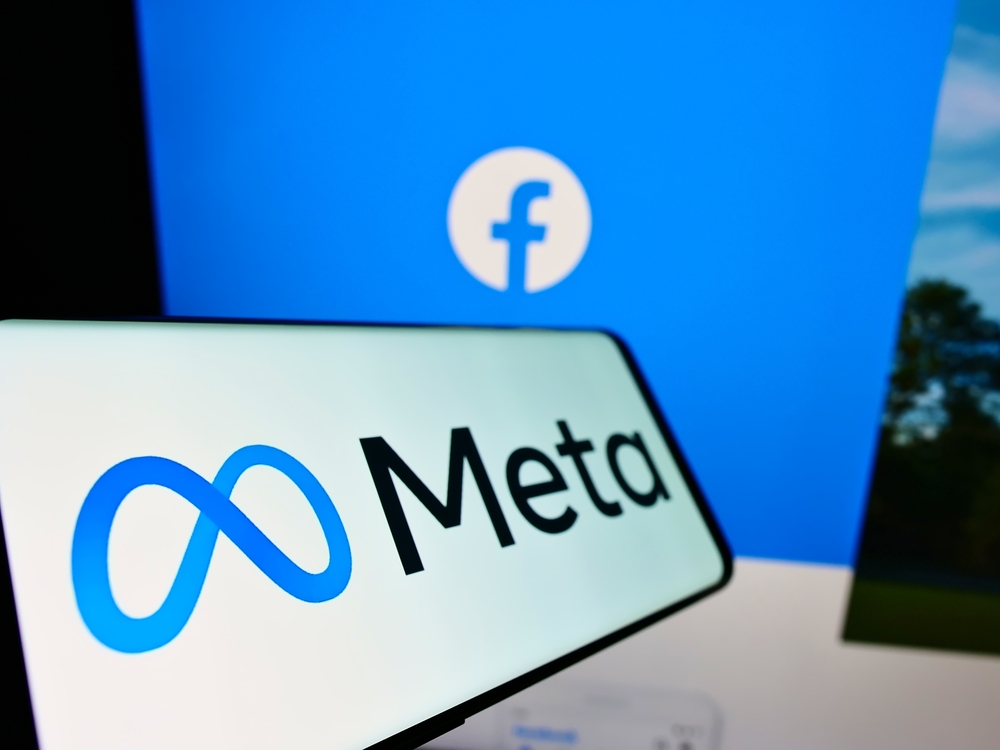AI Development Controversy
Meta Platforms (NASDAQ: META), the parent company of Facebook and Instagram, is currently embroiled in a significant legal battle. Recent court filings reveal that the tech giant proceeded with the use of thousands of copyrighted books to train its artificial intelligence models, even after receiving legal warnings against such actions. This development has placed Meta at the centre of consolidated lawsuits from high-profile authors, including comedian Sarah Silverman and Pulitzer Prize winner Michael Chabon.
Chat Logs Unveiled: Ignoring Legal Advice
Key evidence has emerged in the form of chat logs, suggesting Meta's awareness of potential legal issues related to the use of these books. These logs feature discussions between Meta researcher Tim Dettmer’s and the company's legal department, questioning the legality of using book files as training data for AI models. The logs, part of a Discord server conversation, highlight the company's internal debate over the legal ramifications of their actions.
Impact on the Tech Industry: A Wave of Lawsuits
This revelation comes at a time when tech companies are facing a barrage of lawsuits from content creators. These creators accuse the companies of using copyrighted works without permission to build generative AI models, sparking a worldwide sensation and an investment frenzy. If these lawsuits succeed, they could significantly increase the costs of developing data-intensive models, forcing AI companies to compensate artists, authors, and other content creators.
Meta's AI Models
Meta publicly released the first version of its large language model, Llama, in February, disclosing a list of datasets used for training, including "the Books3 section of ThePile." The dataset reportedly contains 196,640 books. However, Meta did not reveal the training data for its latest model, Llama 2, which is available for commercial use.
Regulatory Changes and Future Risks
These developments coincide with new provisional rules in Europe that regulate artificial intelligence. These rules could compel companies to disclose the data used in training their models, potentially increasing legal risks. Llama 2's release, free for companies with fewer than 700 million monthly active users, could disrupt the market for generative AI software, challenging the dominance of companies like OpenAI and Google (NASDAQ: GOOGL) that charge for their models' usage.
Conclusion: A Turning Point for AI and Copyright Law
Meta's situation represents a pivotal moment in the intersection of AI development and copyright law. The outcomes of these legal battles could reshape the landscape of AI technology and its relationship with intellectual property rights.


